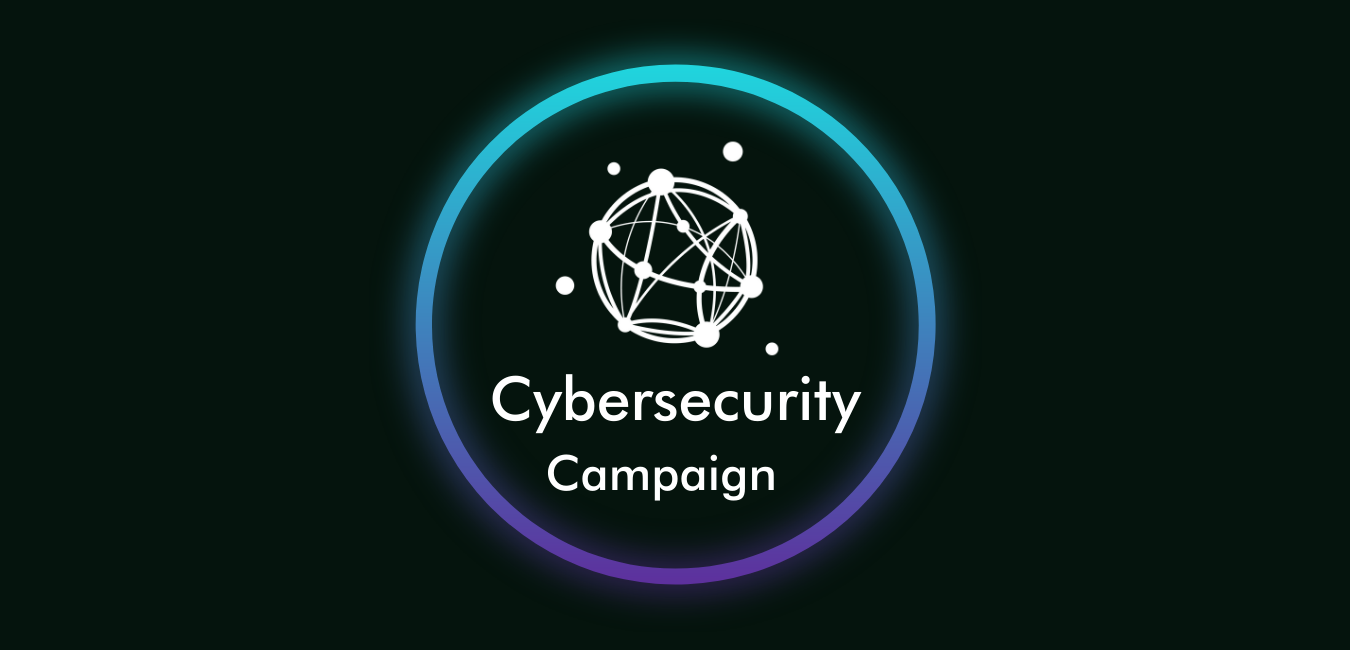
17 Feb European Cybersecurity Campaign – Opinions and Experiences
Response by our member Vade to the European Cybersecurity Campaign
Artificial Intelligence Opens a World of Opportunity in Europe
No longer a mere plot device in futuristic novels and films, Artificial Intelligence (AI) has reached the mainstream. Cybersecurity vendors have fully embraced AI, and French technology companies are seizing the opportunity.
The Growth of AI in Cybersecurity
AI has the ability to supplement human intelligence in ways that no other technology can. As a result, the AI in cybersecurity market has grown exponentially in recent years. The market is expected to reach 46.3 billion USD by 2027, a compound annual growth rate of 23.6% compared to 2020.
From the increase in network devices, to the rise of remote work, to the growth in third-party ecosystems, cyberthreats are the top concern facing businesses today. Since the beginning of the COVID-19 pandemic, both phishing and ransomware attacks have skyrocketed.
According to the National Cybersecurity Agency of France (ANSSI), ransomware attacks increased 255% in 2020 alone. Vade observed an even greater increase in phishing attacks. In 2021, Vade detected more than 1.2 billion unique phishing emails, a 340% increase from 2020. The situation has become so dire that President Macron earmarked €1 billion to combat cyberattacks in France, establishing a government program to increase cybersecurity in public and private sectors.
The Technology Behind the Buzzwords
Machine Learning is perhaps the most well-known subset of AI, but how exactly does it work in real-world applications? In the context of phishing, which is one of the most prevalent threats to businesses as well as the number one delivery method for malware, Machine Learning algorithms have the ability to compute email features and recognize patterns of malicious behavior to recognize threats. Compared to traditional methods of detection, which rely on the outdated practices, AI is superior in this respect and has been a game-changer in detecting email-borne cyberattacks.
Computer Vision, a subset of Deep Learning, analyzes images rather than text. Computer Vision algorithms see images as humans see them, but with far better clarity, and can recognize subtle changes to images that humans cannot. In one example, a hacker may paste an image of an email (rather than text) in the body of an email so that the email filter cannot read it. A Computer Vision algorithm can extract the text from the image, analyze the text (in multiple languages), and identify the attack.
Another area where AI has excelled is with incident response. Traditionally, incident response required significant cybersecurity resources, both human and technological. With AI, incident response can be autonomous. The alternative to AI, which involves significant time and IT resources, is not viable in today’s threat landscape in which cybercriminals follow closely behind any technology designed to stop them.
While US companies typically make the most noise in the global media with respect to AI, French companies are making significant contributions to the field.
AI in France: A Growing Community
While US companies typically make the most noise in the global media with respect to AI, French companies are making significant contributions to the field. AI is embedded into Vade’s product line and at the forefront of our efforts in research and development. With 19 AI patents, including a recent US patent for our phishing awareness training technology, Vade is just one of many French vendors pioneering new uses for AI.
French startups focusing on AI has swelled in recent years. Shift, a Paris-based startup, has secured more than $320 million in funding for its AI platform to detect insurance fraud. Sophia Genetics, which secured $250 million in funding, offers an AI-based health analytics platform that helps healthcare professionals make better medical decisions.
While Shift and Sophia Genetics are just two examples of French companies using AI-based technology, French cybersecurity companies are also on the rise. The barrier to entry, however, is high. AI models are trained with data, and so they require considerable amounts of data to be effective. Not only this, but the data must be quality data.
Vade has achieved what it has in the email security space because we protect more than 1 billion mailboxes worldwide, second only to Google. This differentiates us from our competition and helps us maintain a highly intelligent AI engine that continually learns from billions of daily inputs. French companies looking to scale the AI barrier will need a strategy for the automated collection of quality data and a team of data scientists to maintain it.
By Georges Lotigier
Find out more about Vade on their website or on their LinkedIn


